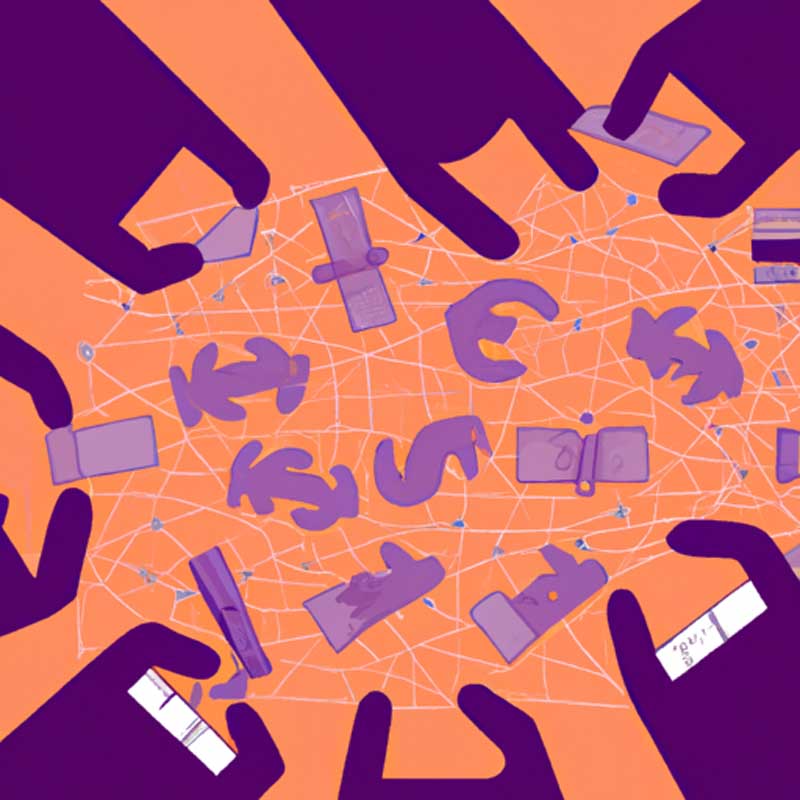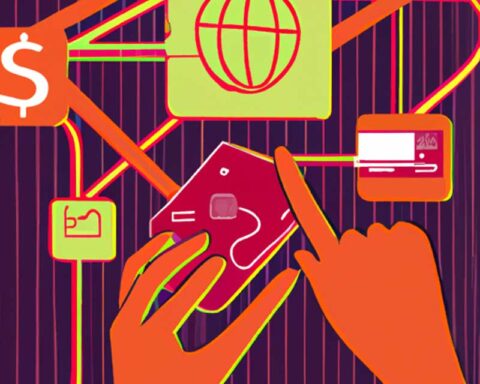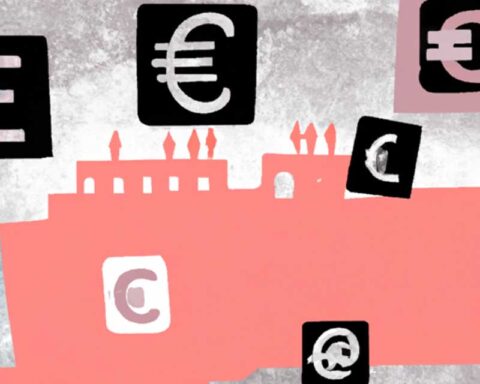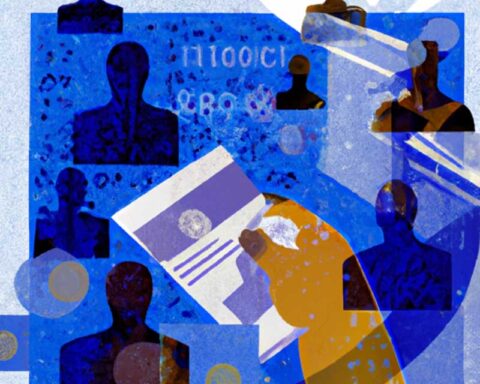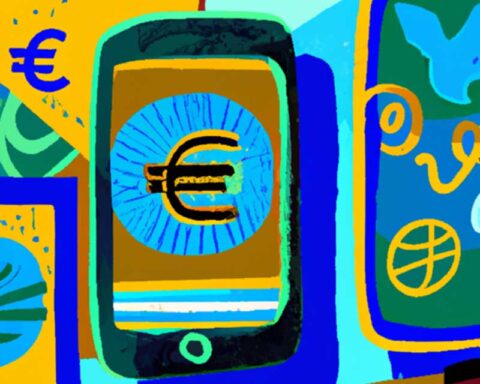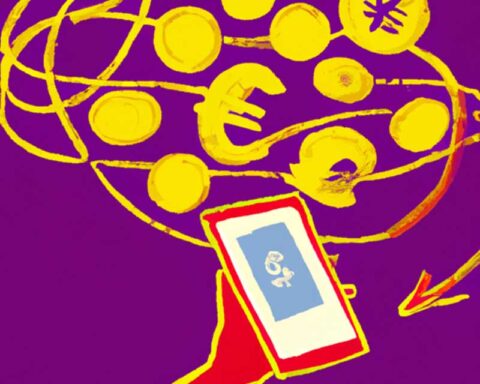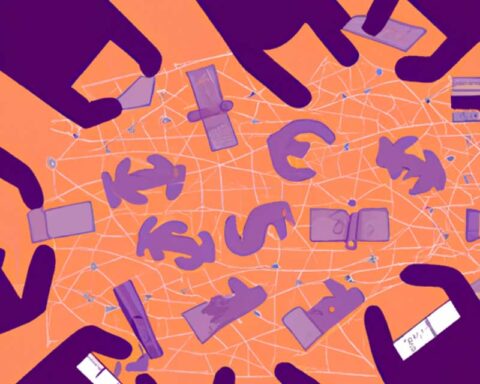TLDR:
- Travel insurance market has evolved rapidly in the past few years, with tech integration and AI driving growth.
- Market expected to reach ₹40,000 crore by 2025 and ₹1,25,000 crore by 2030.
Key Elements:
In the last few years, the travel insurance market has seen significant changes due to the integration of technology and artificial intelligence. Previously, travel insurance was mainly used for loss of baggage or trip cancellations, but now, with the rise of online marketplaces and travel aggregators, individuals can compare and purchase insurance packages conveniently on these platforms. The market has seen a rapid expansion and growth, with a 15-20% expected growth rate predicted for this year.
InsurTech platforms like Bima Sugam have played a vital role in increasing awareness and demand for travel insurance. The market is projected to reach ₹40,000 crore by 2025 and a staggering ₹1,25,000 crore by 2030. Different customer segments, such as international travelers, millennials, and senior citizens, have specific insurance needs, and the industry has responded with tailored plans and add-ons to attract budget-conscious travelers.
Post-pandemic, consumer behavior has shifted towards prioritizing travel insurance, with over 90% of Indians now recognizing its importance. The industry faces challenges related to transparency, customer service, and expectation management. However, with advancements in technology, insurance providers are leveraging AI and chatbots to enhance customer experience and offer personalized solutions.
Overall, the travel insurance market is poised for significant growth, driven by tech innovation, changing consumer preferences, and government schemes to boost domestic and international travel. Mandatory travel insurance for international trips is being considered to further enhance adoption rates and industry growth.
